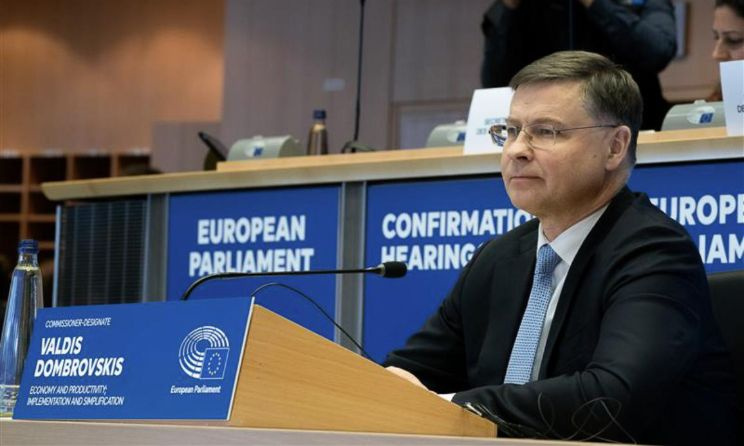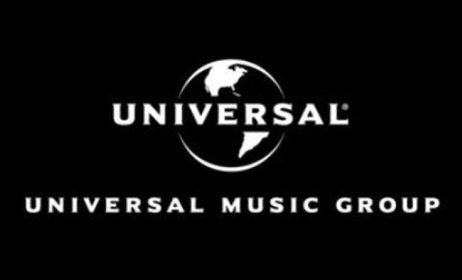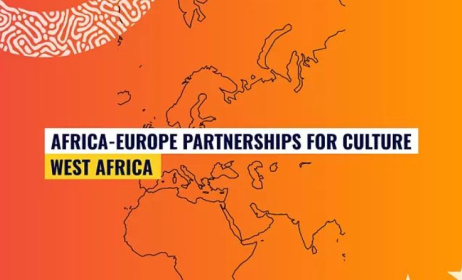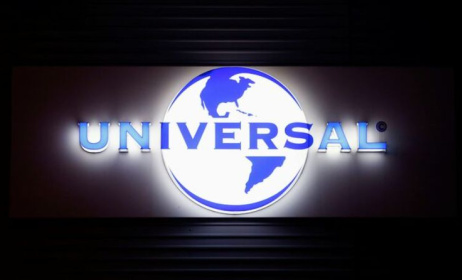EU launches in-depth probe into UMG’s planned acquisition of Downtown Music
The European Commission (EC) has opened a full-scale Phase II investigation into Universal Music Group’s (UMG) proposed $775 million acquisition of Downtown Music Holdings, citing concerns about potential harm to competition in Europe’s music distribution and artist services sectors.
 EC Commissioner Valdis Dombrovskis (pictured) said UMG’s takeover of Downtown risks removing a key competitor in label and artist services.
EC Commissioner Valdis Dombrovskis (pictured) said UMG’s takeover of Downtown risks removing a key competitor in label and artist services.
In a statement released on 22 July, the Commission said it had “preliminary concerns that the transaction may allow UMG to reduce competition in the wholesale market for the distribution of recorded music in the European Economic Area (EEA) by acquiring commercially sensitive data of its rival record labels.”
It also expressed concern that UMG’s takeover of Downtown “may allow [it] to reduce competition in the market for the supply of artist and label services in the EEA by removing an important competitive force.”
UMG’s Virgin Music Group first announced the deal in December 2024, and formally notified the EC last month. An initial 25-day Phase I review concluded on 22 July, leading to the announcement of a more extensive 90-working-day Phase II inquiry. The Commission now has until 26 November 2025 to reach a final decision, although it notes that “the opening of an in-depth inquiry does not prejudge the outcome of the investigation.”
A UMG spokesperson responded in a statement to Music Business Worldwide: “Virgin Music Group today received notice from the European Commission that it will open a Phase II investigation into Virgin’s previously announced acquisition of Downtown Music Holdings. A Phase II review is a customary part of the Commission’s merger review process in those cases where initial concerns about a transaction’s effects have not been resolved during Phase I.”
They added: “We remain confident that the combination of Virgin and Downtown will create an improved offering in the growing and highly competitive label services category that currently consists of roughly 100 companies, one that will provide a wide range of services to help independent artists, labels and entrepreneurs achieve their commercial and creative goals.
“We look forward to continuing to work constructively with the Commission to convey the benefits this transaction will bring to the independent community, as well as to address the wilful misrepresentation of market data by self-interested parties who represent a tiny fraction of the thousands of independent labels that make up the independent community globally. Our initial projected timeframe for the completion of the transaction remains unchanged.”
According to the Commission, a Phase II investigation involves “an in-depth analysis of the merger’s effects on competition” and is only opened when issues cannot be resolved in Phase I. The EC has the option to extend the 90-day deadline by 15 or 20 working days if required.
While most merger cases (over 90%) are settled during Phase I without remedies, less than 10% proceed to Phase II. At the conclusion of the process, the Commission may approve the deal (with or without conditions) or prohibit it outright if competition concerns are not sufficiently addressed.
Although the UMG-Downtown deal did not meet the EU’s standard turnover thresholds to trigger an automatic review, it met national thresholds in the Netherlands and Austria. This led to the Netherlands invoking Article 22 of the EU Merger Regulation, with Austria joining the referral, prompting the EC to take up the case.
The EC stated that its preliminary findings “indicate that the transaction may allow UMG to acquire upstream commercially sensitive data of its rival record labels” and that “UMG would likely have the ability and incentive to use commercially sensitive data of third-party record labels for its own business activities notably related to recorded music.”
Commenting on the investigation, Valdis Dombrovskis, the EC’s commissioner for economy and productivity; implementation and simplification, said: “By acquiring Downtown, UMG would purchase a large provider of services for labels that compete with UMG and for artists.
Opening an in-depth investigation will allow us to assess more carefully whether this acquisition would have a negative impact on artists, labels and, ultimately, European consumers.”
The proposed acquisition has sparked debate across the global music industry. Earlier this month, Virgin Music Group leaders condemned what they called “juvenile and offensive falsehoods” from critics of the deal. A letter signed by over 200 individuals, including staff from Beggars Group and Secretly Group, objected to the acquisition, while the European Composer & Songwriter Alliance (ECSA) issued an open letter to the EC on 2 July urging it to block the merger.
As the Commission’s inquiry continues behind closed doors, the music world will closely watch how Europe’s regulators weigh the balance between market consolidation and competition in a rapidly evolving industry.































Comments
Log in or register to post comments